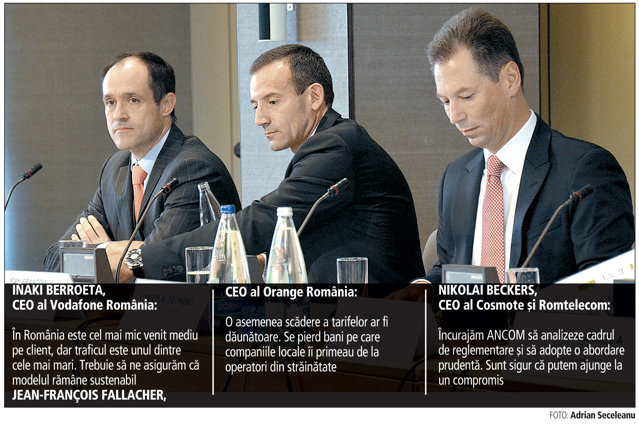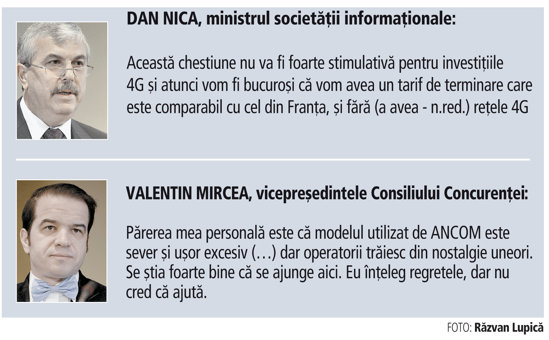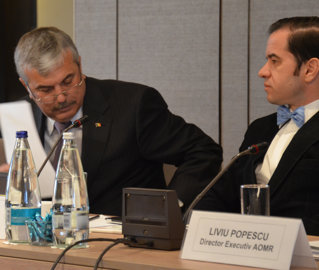"The Boundaries of EC Competition Law. The Scope of Article 81",
Okeoghene Odudu
Oxford University Press, General Editors: Paul Craig and Grainne de Burca, 2006
Available on-line at Amazon - http://www.amazon.co.uk/The-Boundaries-EC-Competition-Law/dp/0199278164.
Okeoghene Odudu
Oxford University Press, General Editors: Paul Craig and Grainne de Burca, 2006
Available on-line at Amazon - http://www.amazon.co.uk/The-Boundaries-EC-Competition-Law/dp/0199278164.
The competition restriction embedded in the current article 101 of
the Treaty on the Functioning of the European Union (TFEU) is often taken as a
standard provision of the competition law in the European Union. It is a legal provision written in plain language and rather short, compared to other
provisions in the TFEU. However, the article 101 is rich in meanings nd for this reason the
restrictions to enter into anti-competitive agreements should never be viewed
and applied in a simplistic way.
Any study and attempt to clarify the right meaning and application
of article 101 TFEU has an amplified effect, due to the fact that all the
prohibitions of the competition restraints, in the legislations in the Member
States are shaped on this provision. Article 101 TFEU is the "mother" of all such
provisions in the legislation of the Member States and not only, as the EU model looks attractive
and inspires legislators in many other jurisdictions outside EU
Okoghene Odudu intention is to bring the meaning and the
application of article 101 TFEU back to what should be its roots, after decades when the
primary goal of the public enforcement of article 101 has been related mostly
to the achievement of the internal market of the European Union.
In his view the article 101 TFEU and the restrictions of the
collusive practices contained therein are entirely justified by the allocative inefficiencies
that flow from such practices whilst the possibility to exempt certain
practices from the interdiction, based on article 101 (3), is based on the
achievement of productive efficiencies which compensate the allocative
inefficiencies. According to Mr.Odudu, the correct application of article
101 TFEU (former article 81) must take into account both the allocative and
productive efficiency and any conclusion of whether or not an infringement took
place should be done by balancing the two and by reading properly the net
result.
Although Okeoghene Odudu uses almost entirely legal terms and vocabulary in
support of the approach he proposes, without recurring much to economic theories, his plea goes hand
in hand with the recent trend in EU which favors a more extended use of economic
arguments and analysis in the enforcement of the competition rules - see for instance the Best Practices for the submission of economic evidence and data collection in cases concerning the application of article 101 and 102 TFEU and in merger cases, issued by the European Commission as a Staff Working Paper in 2011.
The only critic I could make to the sound approach of
Okeoghene Odudu is that he is rather shy on proposing improvements of the basic
EU competition regulation. Are the conditions specified by article 101
(3) TFEU a good and workable test for measuring productive efficiency? Rather not.
Particulary the conditions not to impose
on the undertakings concerned restrictions which are not indispensable to the
attainment of the productive efficiency and not to afford such
undertakings the possibility to eliminate the competition in respect of a
substantial part of the products in question, are burdensome and raise the
standard of proof for such efficiencies at incredibly high levels - a true "probatio diabolica".
Hence, de lege
ferenda, the article 101 (3) should be amended in such a way as to
allow its application in any competition case.
Before this will happen it is worth that every competition practitioner, on the public or private side of the enforcement, reads the arguments of
Okeoghene Odudu and takes them into consideration in the application of the prohibition to
collude to specific cases and situations.






